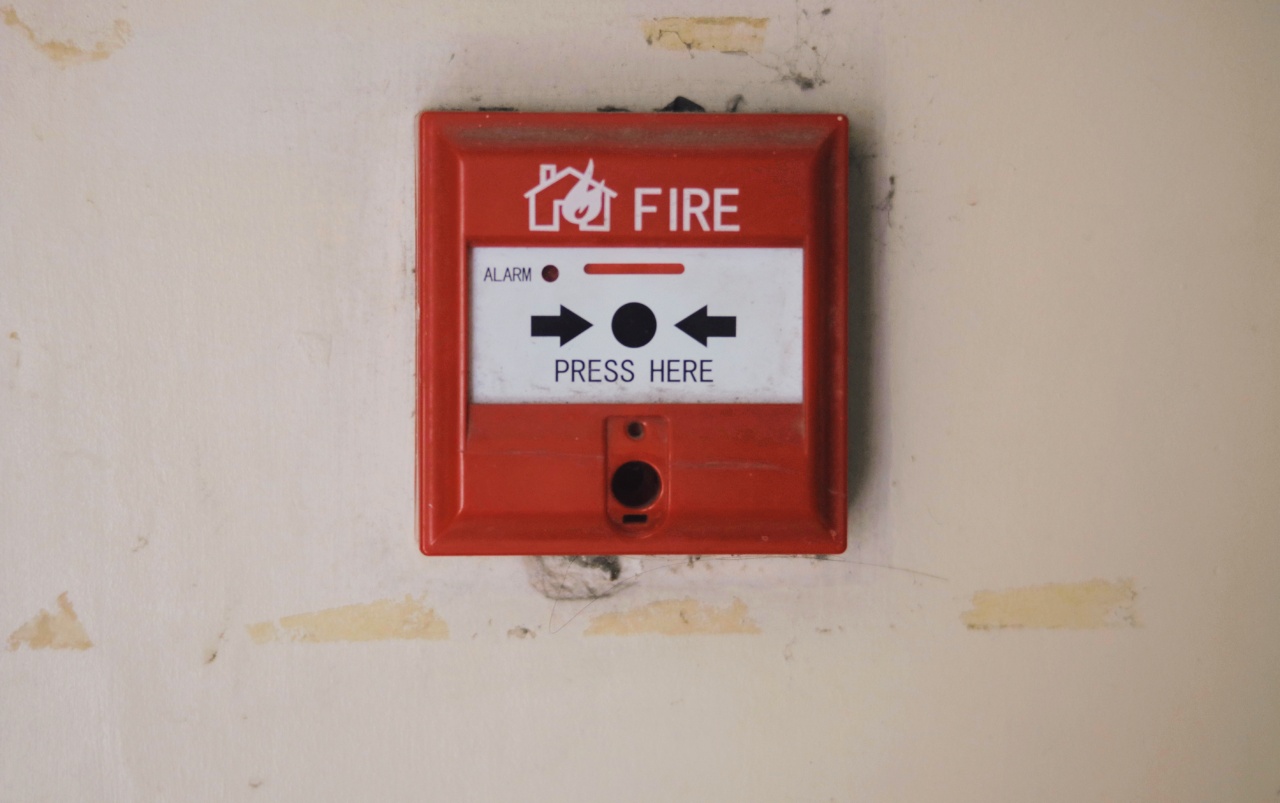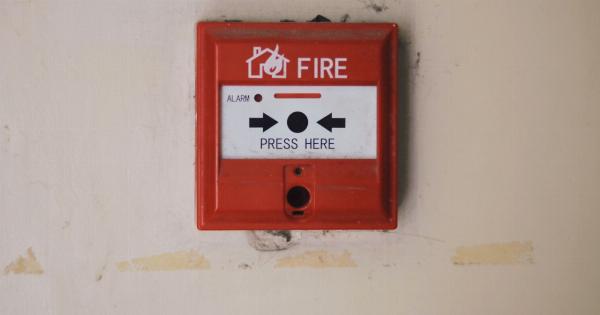When it comes to health and well-being, it is important to be aware of the signs that may indicate a need for immediate medical attention.
While minor illnesses and injuries can often be managed at home, there are certain symptoms and situations that require a trip to the emergency room. Recognizing these signs can help ensure timely and appropriate medical care. In this article, we will explore ten signs that indicate a trip to the emergency room is necessary.
1. Chest pain or tightness
Chest pain or tightness can be a sign of a serious medical condition, such as a heart attack or angina.
If you experience sudden or severe chest pain, especially with shortness of breath, dizziness, or pain radiating to the arm, neck, or jaw, it is crucial to seek immediate medical attention.
2. Difficulty breathing
If you are having trouble breathing, it may be a sign of respiratory distress or a severe allergic reaction. This can include symptoms such as wheezing, shortness of breath, or choking.
Breathing difficulties can be life-threatening, so it is important to go to the emergency room without delay.
3. Severe abdominal pain
Intense abdominal pain can indicate a range of medical emergencies, including appendicitis, pancreatitis, or a perforated organ.
If you experience severe abdominal pain, especially when accompanied by fever, vomiting, or swelling, it is important to seek immediate medical attention.
4. Sudden blurry vision or loss of consciousness
Any sudden changes in your vision, such as blurry vision or loss of sight, may be a sign of an underlying medical condition, such as a stroke or retinal detachment. Similarly, loss of consciousness can indicate a variety of serious health issues.
In both cases, it is crucial to seek emergency care promptly.
5. Severe injury or trauma
If you experience a severe injury or trauma, such as a deep cut, broken bone, head injury, or severe burn, it is important to go to the emergency room.
These injuries may require immediate medical intervention, including stitches, surgical repair, or treatment to prevent further complications.
6. Suicidal thoughts or severe mental health crisis
If you or someone you know is experiencing severe mental health distress, including suicidal thoughts, it is important to seek immediate help from a mental health professional or go to the nearest emergency room.
Mental health crises require urgent attention and should never be ignored.
7. Signs of a stroke
Recognizing the signs of a stroke is essential for prompt treatment and potentially life-saving interventions. The acronym FAST can help you remember the signs of a stroke:.
Face drooping: Does one side of the face droop or feel numb?.
Arm weakness: Is one arm weak or numb?.
Speech difficulty: Is speech slurred or garbled?.
Time to call emergency services: If you experience any of these signs, call emergency services immediately.
8. Severe allergic reactions
If you have a known severe allergy and experience symptoms such as difficulty breathing, swelling of the face or throat, hives, or rapid heartbeat, it may indicate a severe allergic reaction called anaphylaxis.
Anaphylaxis can be life-threatening and requires immediate medical attention.
9. Change in mental status
If you or a loved one experiences a sudden change in mental status, such as confusion, disorientation, or loss of consciousness, it may be a sign of a medical emergency, including a brain injury, infection, or drug toxicity.
Seeking immediate medical attention is crucial in such situations.
10. Severe or persistent pain
If you are experiencing severe or persistent pain in any part of your body, it is important to seek medical evaluation.
Uncontrolled pain can be a sign of an underlying serious condition that requires intervention, such as a kidney stone, severe migraine, or infection.






























